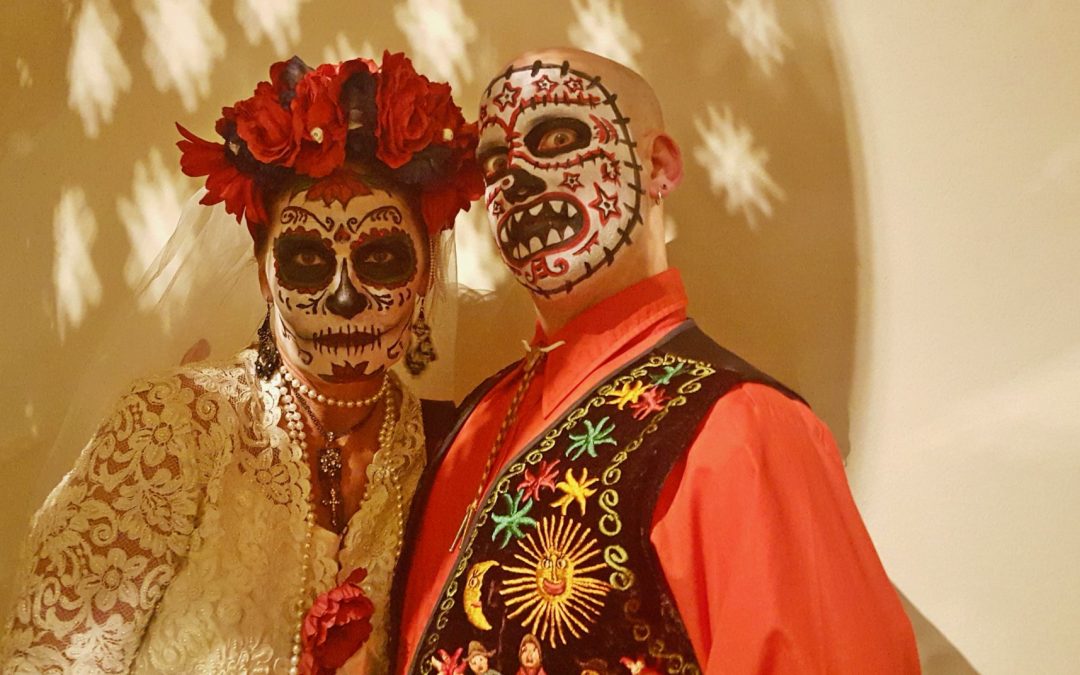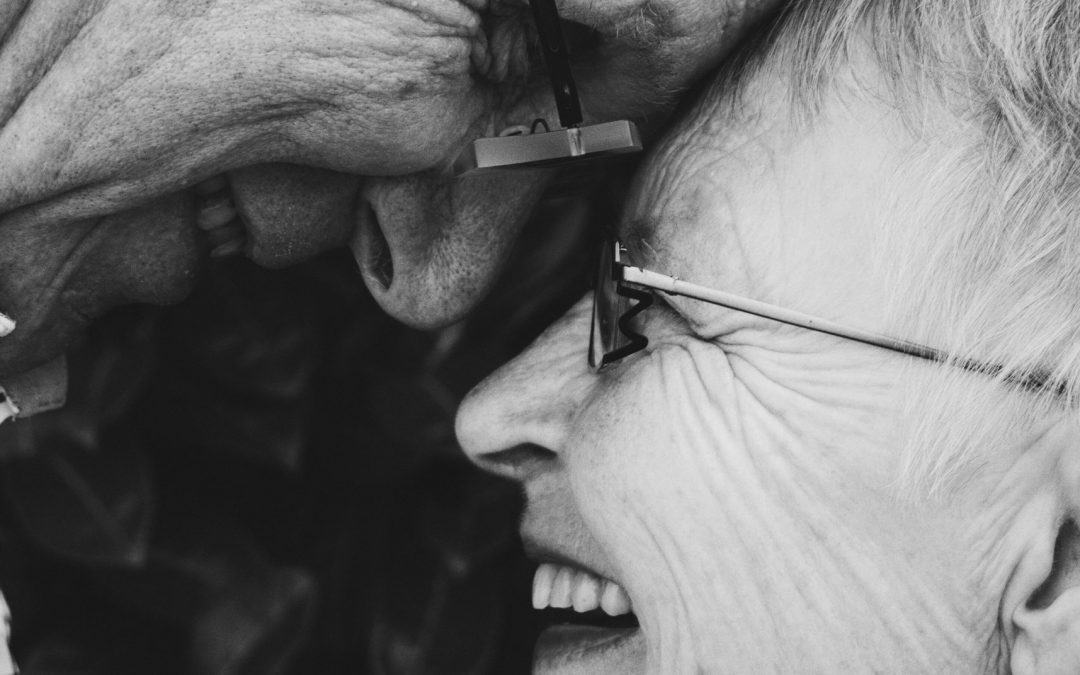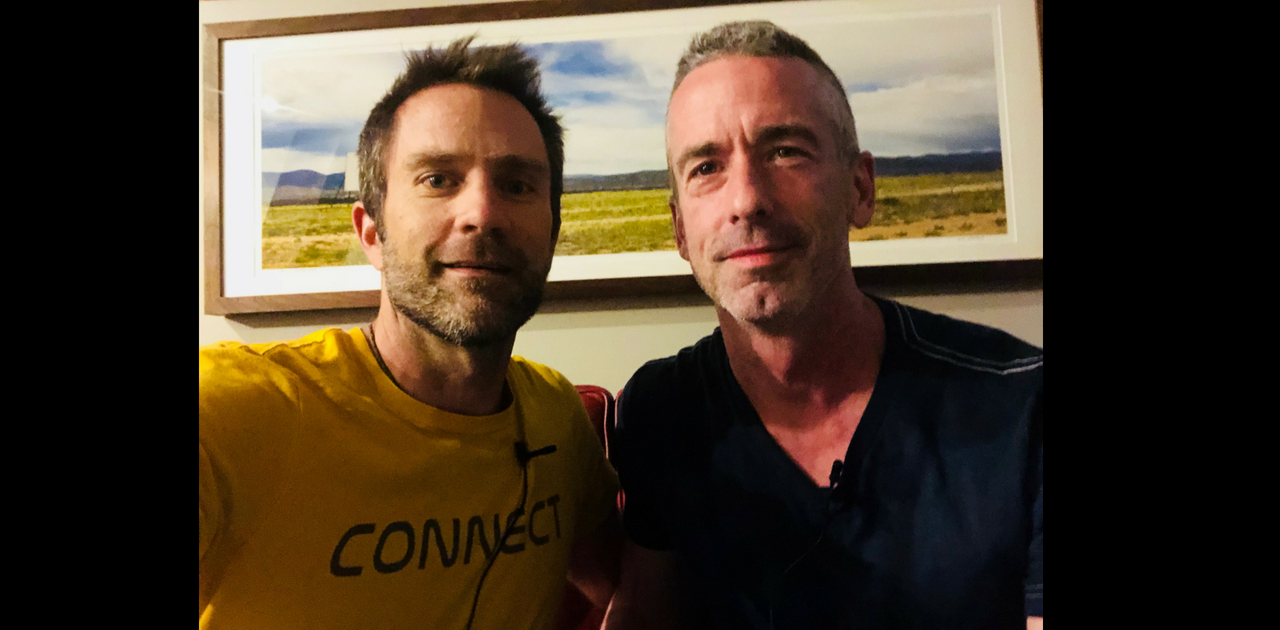The Fear of Losing Yourself in a Relationship
Ever feel like you have to sacrifice who you are in order to get or keep a relationship?
Well, this is one of the most frequent and hardest things people struggle with in an intimate relationship. “How so I be myself and get the connection I want?”
Think about it this way…
When you were young, you perceived that certain parts of you were not welcome, so you learned that you had to trade in, or hide, those parts of yourself in order to get love or avoid getting hurt. And while this was a brilliant strategy then, if you don’t ultimately learn another way and reclaim those disowned parts, the fear of losing yourself in a relationship will continue to haunt and overwhelm you.
Every human being has been trained in some way to be inauthentic in order to get or kep connection. It’s the most common human injury, and it happened in relationship (I teach about this concept in all of my courses). Since it felt like there wasn’t a choice then, as adults this gets played out, repeated over and over, in our romantic relationships. If you’re not willing to bring who you really are to your relationship, this can take a toll and cause a lot of suffering and frustration over time.
So instead of abandoning yourself to get love, learn to use the container of your relationship as an incredible opportunity to heal this perceived split, to rewire your experience and have both – be your authentic self AND foster a deep connection with your partner, or future partner.
Listen to Ellen and me share our thoughts on this perspective rooted in our own personal journey together.
You can watch the full video and podcast here.
Get onto this folks!
This is SOOOO healing.
This is what a love relationship is about. In fact, it’s being in a mutually collaborative relationship that can actually help you cultivate a deeper sense of your own sovereignty as an individual. How? By using the strength of the relationship for your own personal expression, a renewable resource of energy that supports you to do what you want to do in the world. It’s true! It’s that potent and that possible.
When both people are as committed to attending to the relationship as they are to their own sovereignty, what grows individually and together becomes infinitely more authentic and connected. Who doesn’t want that?
For a fuller slice of this perspective, join Ellen and Jayson in person at the Embracing Conflict Live Weekend Intensive where you’ll learn about the interpersonal neurobiology of this perspective, find out how to do this, and get to hear more about their relationship story. Register by February 4th, 2018.
**********
Photo credit: Jonathan Pendleton, Unsplash

















